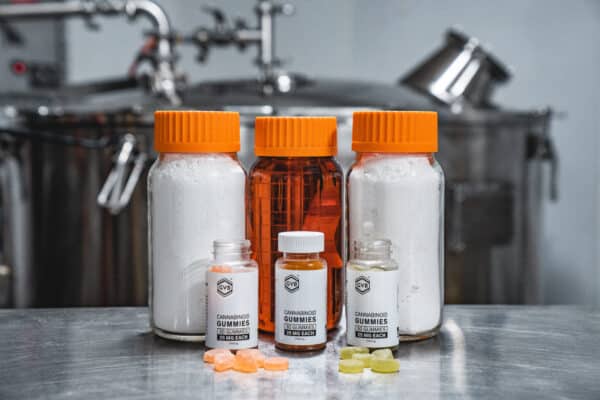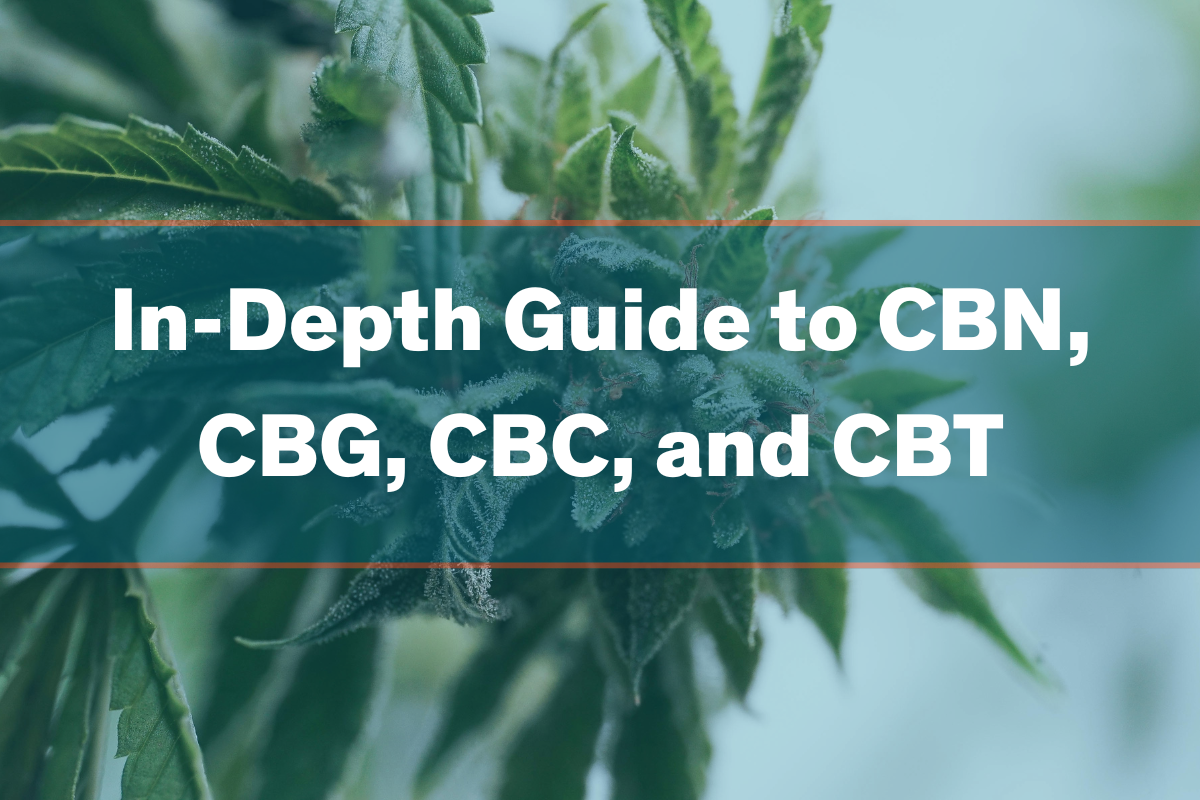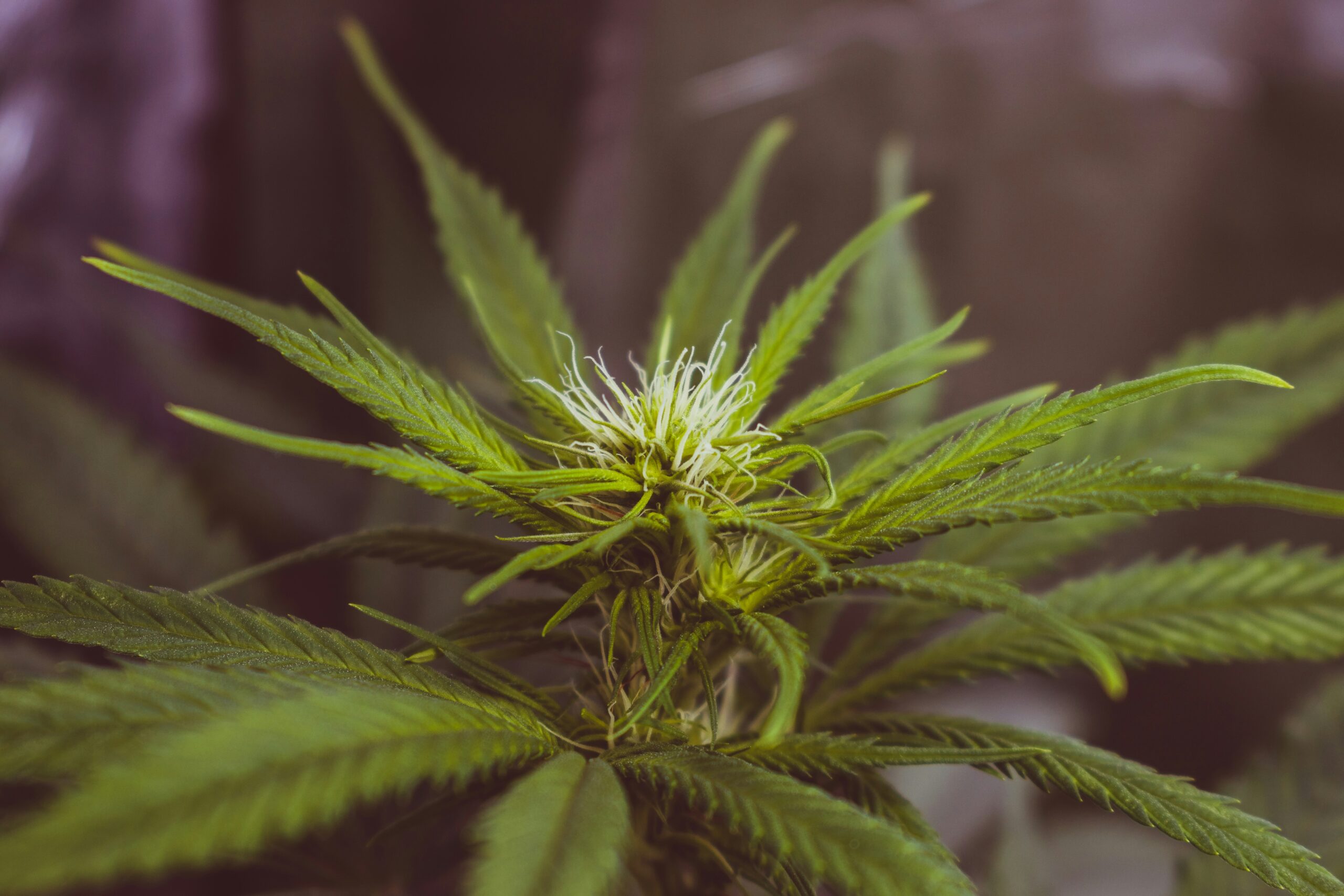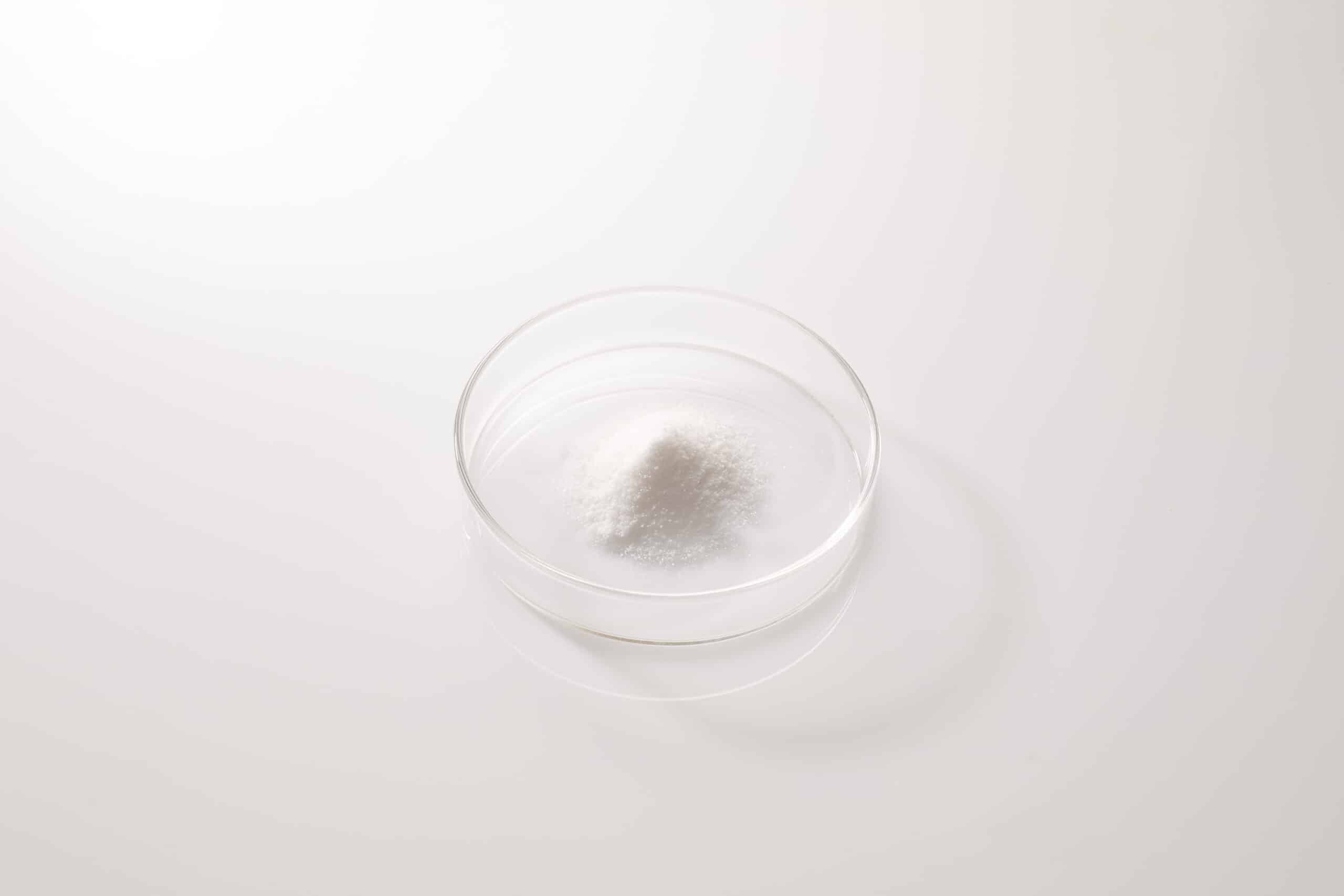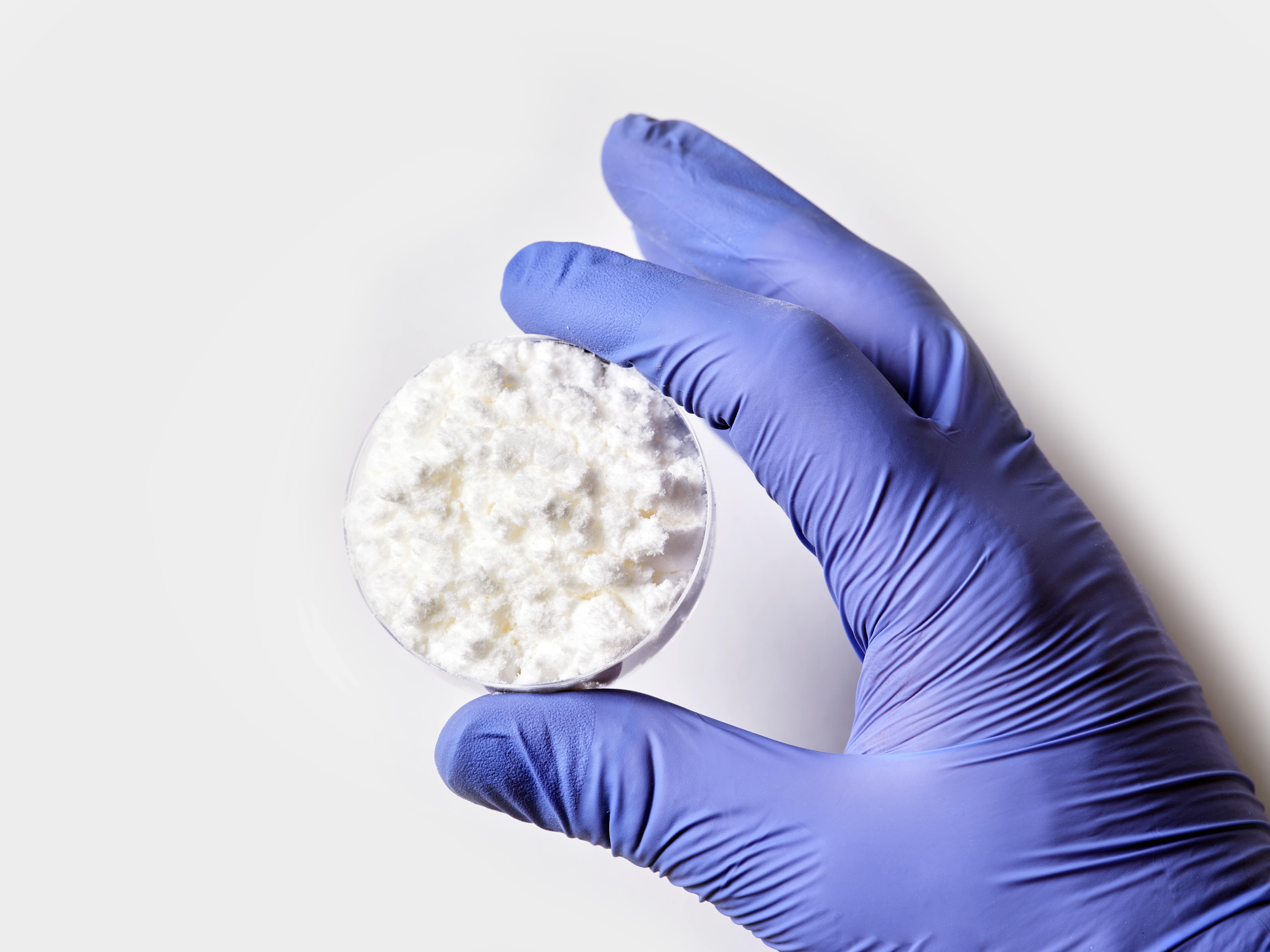Colorado was one of the first states in the nation where hemp commerce reemerged. Is Colorado, once a bastion of hemp cultivation, still a ripe land for starting a cannabinoid business? Learn all about the incentives and barriers that hemp cultivators might encounter in Colorado throughout this comprehensive guide.
Colorado cannabinoid law overview
– Colorado hemp commerce is overseen by two entities: the Colorado Department of Agriculture (CDA) and the Colorado Department of Public Health & Environment (CDPHE)
– CDA oversees hemp cultivation¹
– CDPHE oversees hemp processing²
– Hemp cultivation licensing costs $500 per year plus $5 per acre of outdoor cultivation or $3 per 1,000 square feet of indoor cultivation
– Hemp processing costs an annual fee of $1600 per registered business
– CDA also oversees hemp seed licenses³, which cost between $75 and $700 per year
– Consumer sales of hemp products are not overseen in Colorado, incentivizing operators to choose a white-label approach
Can I sell CBD in Colorado?
Yes, sales of finished CBD products to consumers are not overseen by any Colorado state government entity. In that regard, law defaults to the federal precedent, which dictates that CBD products are legal so long as they contain less than 0.3% THC.
Is it legal to grow hemp in Colorado?
Cultivating and processing hemp is under the jurisdiction of Colorado state law. You must acquire licensing for either activity, and the cost remains low compared to the national average.
Colorado holds steady as one of the most popular states for hemp cultivation with Cannabis Business Times⁴ reporting that 10,100 acres were planted and 3,100 acres harvested in the state in 2022. While the Colorado hemp market is no doubt competitive, those seeking to either cultivate or retail hemp within the state should find a highly receptive audience.
Do you need a license to grow hemp in Colorado?
Yes, hemp cultivation in Colorado requires licensing. The Colorado Department of Agriculture simplifies the process and keeps fees low to encourage market participation.
Finding adequate acreage in prime arable land may be difficult, though, given the increased land acquisitions by affluent individuals⁵ in agricultural states like Colorado. Leveraging out-of-state hemp sources may provide an advantage over local producers lacking adequate land to achieve optimum output.
Colorado hemp cultivation license process
The Colorado Department of Agriculture oversees the straightforward process of acquiring a hemp cultivation license. Applicants pay a base fee of $500 per year, plus $3 per square foot for indoor grows or $5 per acre for outdoor operations. Licenses must be renewed annually, and the CDA typically approves or denies applications within 45 days.
– Colorado Hemp License Application Portal
Colorado hemp processing license process
The Colorado Department of Public Health & Environment, not the CDA, oversees the processing of raw hemp materials into extracts or finished products. The CDPHE also requires that hemp operators under its jurisdiction register their businesses, but only once, and the price for hemp processing registration in Colorado is only $1,600 per year.
As a result, Colorado would be an ideal state for processing bulk biomass into cannabinoid extracts. However, the state only allows hemp processors to choose from a very limited list of “approved sources⁶,” all of which are in-state growers of hemp. If you specify a hemp biomass source other than an approved business on your application, it may face rejection.
Colorado businesses seeking to process hemp must also understand the difference between Safe Harbor and Not Safe Harbor hemp processing operations. Businesses producing products with more than 1.75mg THC per container are protected under Colorado state law and must follow a separate application process. Businesses producing products containing less than 1.75mg THC per volume must submit a Not Safe Harbor application instead.
Both application types cost $100 per application and $1,500 per registration per year. Registration periods generally begin on July 1st and end on June 30th of every year.
If you change your business name or start a new hemp processing business, you will need to re-register. The same rule applies if you change from a Safe Harbor to a Not Safe Harbor Colorado hemp processing business.
– Not Safe Harbor Colorado Hemp Processing Registration Form (PDF)
– Safe Harbor Colorado Hemp Processing Registration Form (PDF)
Colorado hemp seed labeler license
To produce hemp seeds for commercial distribution in Colorado, you must obtain a Colorado hemp seed labeler license. This license technically allows you to enter your seeds into Colorado’s approved registry of seed strains, thus the name “labeler license.” This type of licensing can cost as little as $75 for existing seed labelers opening new locations but may cost as much as $700 depending on the scope of your operation.
– Colorado Seed Labeler License Application Form (PDF)
Does Colorado have a good climate for hemp cultivation?
Colorado’s climate is generally regarded as favorable for hemp cultivation. Parts of the state experience considerably frigid winters, but the summer growing season is more than capable of sustaining abundant crop growth with snow runoff from the Rocky Mountain chain, which bisects the state north to south.
Much of the cropland in Colorado has seen many generations of improper stewardship and may not be as arable as could be desired. With proper understanding of sustainable agriculture, it’s possible to revitalize even the most barren land and transform it into a hemp cultivation paradise. Smaller companies and start-ups lack the capital to finance these types of operations, however, making it more economical to import finished hemp products from other states.
How to start a hemp business in Colorado
When starting a hemp-related business in Colorado, the barriers to entry are the lowest when you limit your scope of operations to simply marketing finished hemp products to consumers. Sellers of CBD and other federally compliant hemp products do not need to register in Colorado, bypassing the requirement that producers limit their sources to state-approved companies.
Benefits of private labeling
One way to potentially bypass this requirement is to register as a seed labeler in Colorado and then use your registered seeds to grow your own hemp, which you then process in-state. Along the way, though, you will need to acquire three different types of licensing, all of which are renewed on a yearly basis. The logistical overhead of this approach alone should be enough to illustrate the profound benefits of importing finished hemp products into Colorado that were produced by a white labeler in a different state.
The bottom line: Is starting a hemp business in Colorado a good idea?
Culturally, Colorado is a very ripe market for cannabinoid commerce. It was both one of the first states to allow hemp cultivation and one of the first states to put in place an adult-use cannabis program. To residents of Colorado, even intoxicating forms of cannabis have become commonplace, making non-intoxicating cannabinoid products even more mainstream.
The quality of products produced within Colorado may be considerably lower than what is achievable in finished cannabinoid products imported from other states. While Colorado-made hemp products can only be produced by approved entities, products formulated in other states are drawn from a nationwide pool of highly competitive, large-scale hemp producers.
Savvy entrepreneurs will recognize the vast potential for growth within the Colorado hemp market while sidestepping the onerous burdens imposed by state regulators. The best way to achieve this goal is to purchase bulk finished products made by out-of-state producers and then market them to Colorado residents.
Colorado Hemp Business FAQ
Learn more about the process of producing or selling CBD in Colorado below:
1. Is hemp legal in Colorado?
Yes, industrial hemp is legal in Colorado. As one of the first states in the nation to legalize cannabis for recreational purposes, Colorado has been careful to delineate the separations between hemp and cannabis production since 2012. The State of Colorado directly oversees the state’s industrial hemp program⁷, and jurisdiction is then split between two state sub-agencies.
2. Is it legal to buy CBD in Colorado?
Yes, the only restriction Colorado has imposed on purchasing CBD or other hemp products is that purchasing individuals must be at least 18 years old⁸. Otherwise, the state’s position reverts to federal law, which simply stipulates that hemp products must contain less than 0.3% delta-9 THC to be sold as industrial hemp.
3. Do you need a special license to sell CBD in Colorado?
No, it is not necessary to acquire a special license to sell CBD or other hemp products in Colorado. The state simply asks that businesses do not sell products to individuals under 18 years old. This system greatly incentivizes businesses to import products from out-of-state sources since, otherwise, multiple forms of licensing may be required.
4. Do you need a license to process hemp in Colorado?
Yes, depending on the scope of your operation, you may need to acquire as many as three different types of licensing to grow or process hemp in Colorado with a combined cost of thousands of dollars per year. While Colorado’s hemp processing fees are lower than the fees imposed in some other states, lists of approved sources and other regulations are strict, making it easier to import finished hemp products that were processed in other states.
5. How does starting a hemp brand in Colorado compare to starting in Oregon?
Launching a hemp brand in Colorado involves leveraging a more established market with well-defined regulations and a sizable consumer base. In contrast, Oregon’s strong agricultural heritage and favorable climate can yield top-quality crops, though it may have fewer established market structures in place.
Sources
1. Hemp | Department of Agriculture. (n.d.). https://ag.colorado.gov/plants/hemp
2. Processing, Sales, and Distribution | Department of Agriculture. (n.d.). https://ag.colorado.gov/plants/hemp/processing-sales-and-distribution
3. Seed | Department of Agriculture. (n.d.). https://ag.colorado.gov/plants/seed
4. StackPath. (n.d.). https://www.cannabisbusinesstimes.com/news/montana-south-dakota-orgeon-report-most-acres-hemp-planted-usda-nass-survey/#:~:text=Colorado%20reported%2010%2C100%20acres%20planted,top%20three%20for%20both%20lists.
5. Orf, D. (2023, January 18). The Truth About Why Bill Gates Keeps Buying Up So Much Farmland. Popular Mechanics. https://www.popularmechanics.com/science/environment/a42543527/why-is-bill-gates-buying-so-much-farmland/
6. Workbook: Hemp_SourceList_Updated. (n.d.). https://cohealthviz.dphe.state.co.us/t/EnvironmentalProgramsPublic/views/Hemp_SourceList_Updated/HempSourceList?%3Aembed=y&%3AisGuestRedirectFromVizportal=y&%3Aorigin=card_share_link
7. Industrial Hemp | Colorado cannabis. (n.d.). https://cannabis.colorado.gov/industrial-hemp
8. Is CBD oil legal in Colorado? | ColoradoCannabis.org. (n.d.). Colorado Cannabis Information Portal. https://coloradocannabis.org/cbd

